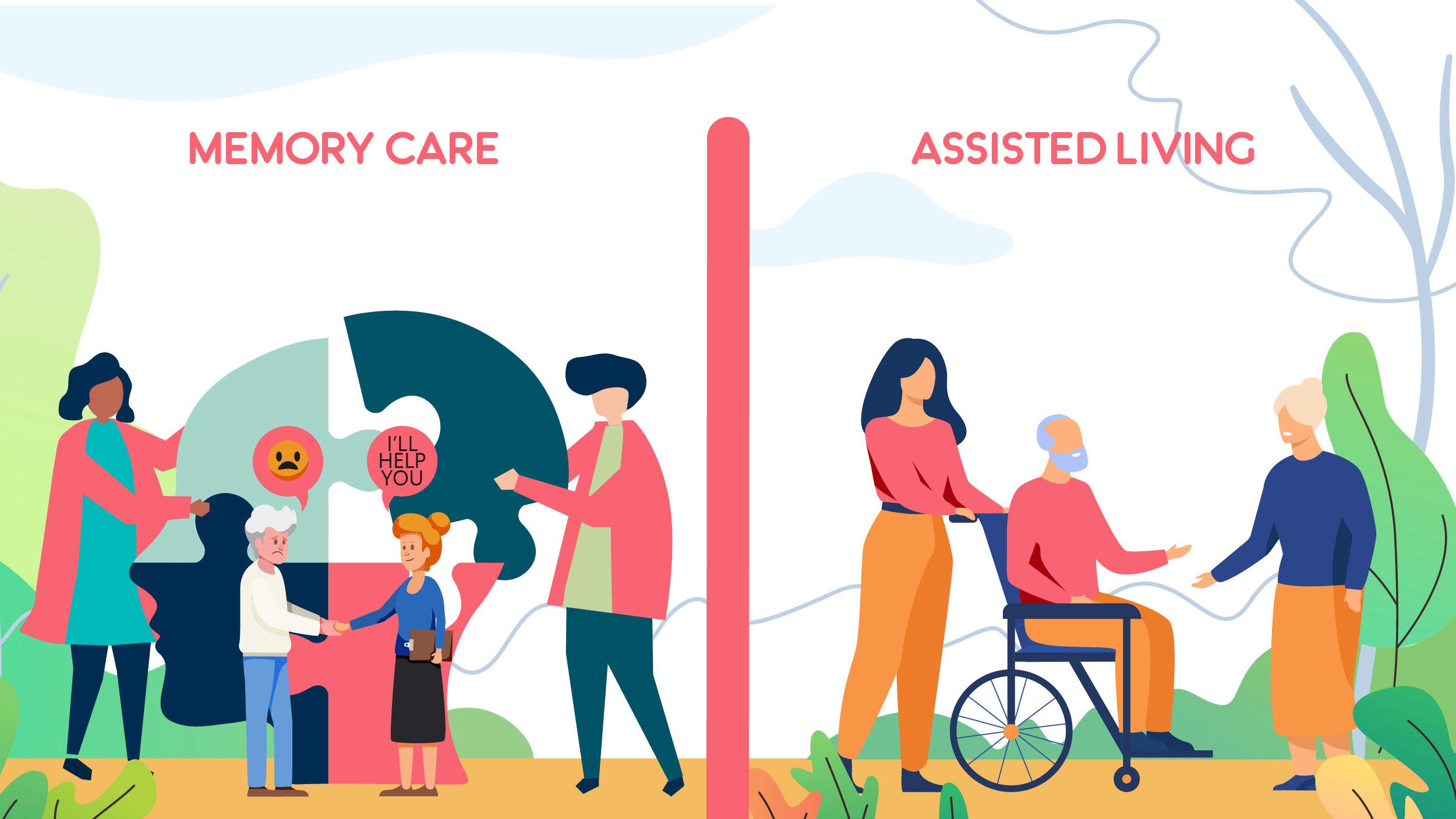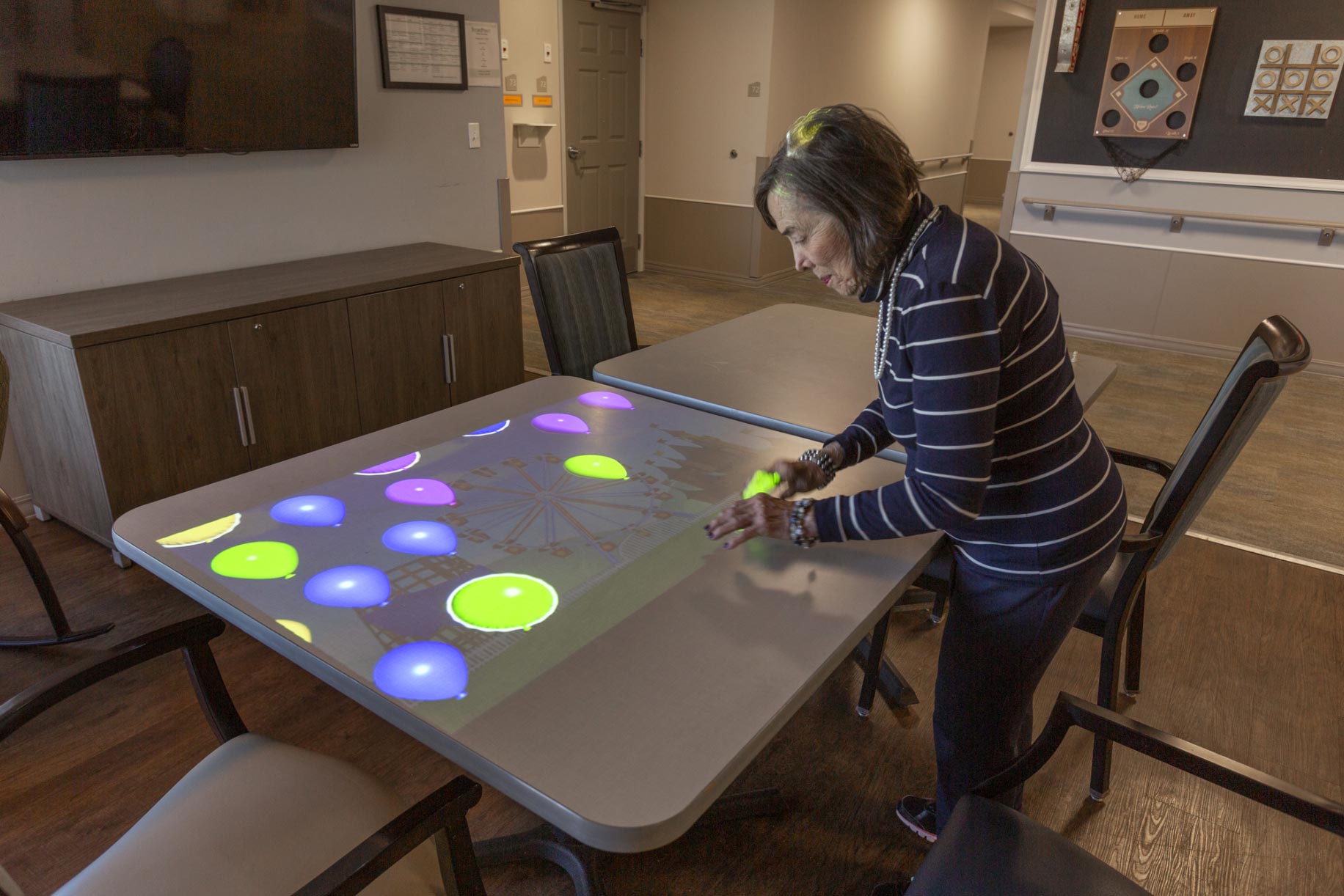Enhancing Quality of Life with Trusted Alzheimers Care Charlotte Programs
Enhancing Quality of Life with Trusted Alzheimers Care Charlotte Programs
Blog Article
Expert Tips for Giving High quality Alzheimer's Treatment in the house
Caring for a private with Alzheimer's disease at home presents distinct obstacles that need both understanding and calculated preparation. As we check out these professional suggestions additionally, it becomes clear that a thoughtful approach can significantly influence the quality of life for both the caretaker and the individual receiving care.
Understand Alzheimer's Disease
Alzheimer's disease, a modern neurodegenerative problem, exceptionally influences cognitive function and day-to-day living activities. It primarily affects memory, believing, and behavior, leading to a progressive decline in the capacities essential for independent living. Early signs commonly consist of lapse of memory, difficulty in analytical, and obstacles in completing acquainted tasks. As the illness proceeds, individuals might experience disorientation to time and location, damaged judgment, and adjustments in state of mind and personality.
The etiology of Alzheimer's is complicated, involving the build-up of amyloid plaques and tau tangles in the brain, which disrupt neuronal interaction and result in cell fatality. Risk elements include age, genes, and way of life selections, with most of situations occurring in people over 65. Understanding of these facets is essential for caregivers, as recognizing the problem can assist in better assistance and care methods.
In addition, Alzheimer's disease not just influences the private however additionally has substantial psychological and logistical effects for families. Acknowledging the phases of the illness enables caretakers to anticipate challenges and adjust their strategy, making sure that the requirements of those affected are consulted with compassion and understanding. This fundamental understanding is crucial for promoting top quality care at home.
Develop a Regular
Creating an organized day-to-day routine can significantly boost the high quality of life for individuals dealing with Alzheimer's condition. Developing consistent patterns aids to lower confusion and stress and anxiety, providing a complacency and familiarity. A daily timetable should include regular times for meals, tasks, and rest, which can aid individuals anticipate what to anticipate throughout the day.
Integrating easy, acquainted tasks into the regimen can advertise a feeling of achievement and self-reliance. Tasks like gardening, food preparation, or even basic home tasks can be useful. It is important to tailor these activities to the person's capabilities and rate of interests, guaranteeing involvement without disappointment.
In addition, flexibility within the regimen is key. While uniformity is necessary, enabling for changes based on the individual's state of mind or power levels can aid preserve a favorable atmosphere. Urge involvement in social communications, whether via household sees or neighborhood tasks, as these can provide excitement and link.
Enhance Communication Abilities
Efficient communication is necessary for preserving purposeful links with individuals coping with Alzheimer's illness. As cognitive abilities decrease, typical conversation might become tough. Caretakers should adjust their interaction methods to cultivate understanding and connection. Alzheimers Care Charlotte.

Energetic listening is vital. Show authentic interest by maintaining eye call and responding to recognize their thoughts or sensations. Prevent correcting or arguing, as this may cause disappointment. navigate here Instead, validate their feelings and reroute the conversation carefully if required.
Using visual help, such as images or composed pointers, can likewise boost comprehension. Urge engagement in activities that stimulate discussion, such as thinking back concerning past events or checking out picture albums.
Create a Safe Atmosphere
A supportive environment plays a considerable role in the wellness of individuals with Alzheimer's disease. Developing a risk-free home setting is necessary to minimize risks and improve the high quality of life for both the specific and their caretakers. Begin by assessing the home for prospective risks. Get rid of tripping threats such as loosened rugs, electrical cords, and clutter. Make sure that paths are clear and well-lit to avoid drops.
Mount security locks on home windows and doors to stop roaming, which is a typical worry in Alzheimer's individuals. Furthermore, think about utilizing non-slip mats in restrooms and set up grab bars for included assistance. Classifying areas and essential things can assist people navigate their environments much more quickly.
Emergency get in touches with should be plainly posted near phones, and a medical sharp system can supply assurance. Take into consideration making use of childproofing steps for sharp objects and harmful materials. Routinely check smoke alarm and carbon monoxide gas alarm systems to guarantee they are functioning. Generally, tailoring the home setting to the one-of-a-kind needs of the specific with Alzheimer's not only promotes safety but also encourages freedom and convenience.
Seek Support and Resources
Accessing assistance and resources is essential for people and caregivers dealing with the challenges of Alzheimer's condition. Caregiving can be overwhelming, both literally and mentally, and it is vital for caretakers to look for aid to maintain their wellness and supply high quality care.

In addition, discovering break care choices can afford caregivers much-needed breaks, allowing them to charge and minimize exhaustion. This might consist of grown-up day programs or in-home treatment solutions. Financial assistance programs might likewise be readily available to help offset the expenses of treatment.

Conclusion
In summary, offering high quality Alzheimer's treatment in your home demands a complex strategy. Comprehending the intricacies of the disease, developing a structured regimen, boosting interaction abilities, producing a secure environment, and seeking support from readily available Discover More resources collectively add to improved caregiving experiences. Implementing these methods not just fosters a feeling of independence and right here accomplishment for people with Alzheimer's yet additionally eases caretaker tension, inevitably boosting the high quality of life for both caretakers and those they support.
Caring for an individual with Alzheimer's disease at home presents unique challenges that require both understanding and strategic preparation.Additionally, Alzheimer's disease not just affects the private however additionally has significant psychological and logistical implications for family members.Producing a structured everyday routine can dramatically improve the quality of life for individuals living with Alzheimer's illness.Efficient communication is vital for keeping meaningful connections with people living with Alzheimer's condition. Alzheimers Care Charlotte. Implementing these strategies not only fosters a sense of self-reliance and achievement for people with Alzheimer's however additionally minimizes caregiver tension, ultimately enhancing the quality of life for both caregivers and those they sustain
Report this page